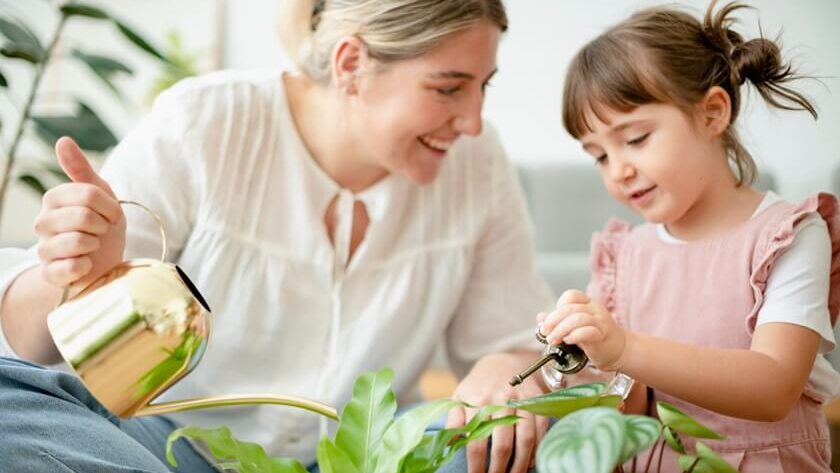Most of us have embraced the growing organic craze for health reasons rather than as a passing fad. Organic awareness, which aims to improve general health and lifestyle quality, is not limited to those who have families; it also applies to single people. We must make every effort to live as healthily as possible in the times we live in (dull corporate condition of affairs and excessively long work hours), as otherwise we would become ill, with our immune systems failing and our bodies shutting down entirely.
What justifies our move to organic?
In essence, organic foods and products are those that have been harvested from nature without undergoing chemical processing. In contrast to the items you often use, organic products won’t create any internal or external discomfort or perhaps poison your blood system (yes, poisonous substances can occasionally be absorbed through the skin). Going organic is a fantastic idea just for that reason. Let’s not be frugal, though; these are the primary advantages to consider:
Stay away from chemicals
Making the conversion to organic food is the only way to avoid the concoction of chemical toxins found in commercially cultivated food. Additionally, eating organic food protects you from the terrible genetically modified organisms (GMOs), which can badly harm your health.
Steer clear of hormones, antibiotics, and medications found in animal products
According to recent studies, 90% of the pesticides that people eat come from commercially processed meat and dairy products’ fat and tissue.
Gain from additional nutrients
Compared to commercially farmed foods, organic foods contain more vitamins, minerals, micronutrients, and enzymes. The soil where organic food is cultivated is nourished and managed using sustainable methods.
Keep our ecosystems intact
Organic farming promotes eco-sustainability and is in balance with the environment.
One day, I hope my children will comprehend and value organic. How can I do that?
Children pick up habits from their parents and learn best from them. Your children will become used to an organic lifestyle from the beginning and won’t perceive it as something they have to get used to, but rather as the usual. As long as they are cognizant of eating healthily, they will be OK, even if they will be tempted to test things that come out of the bag.
Additionally, children learn through conversations with their parents. Make sure you teach your children the value of exercise and a balanced diet. Discuss with them why you all eat organic food and how it differs from chemically processed meals. You might even plan a card-drawing and question-answering game night. They will definitely keep that in mind!
Another option is to take your child shopping for eco-friendly or second-hand clothing. They will have the ideal opportunity to witness the true nature of sustainable practices and the sheer number of people who are adopting them. Despite the fact that many sustainable brands are far more expensive than mass-produced fast fashion items, they are constructed of organic ingredients and have a longer lifespan. You can start by buying some used clothing until you get used to it, as much of it is of good quality and typically made of sustainable materials, particularly if it’s imported from Europe or other nations with developed organic consciousness.
NOTE: Sustainable materials should be used in everything you purchase, not only clothing.
How can we all make the transition to organic food the simplest?
Purchase food at the neighborhood market
As previously said, locally grown food is the greatest option available and is supplemented with only natural ingredients. Purchasing organic items from your neighborhood farmers not only supports small family companies but also someone’s honest labor and a more affordable future. You are also investing in the health and well-being of your family.
Grow your own food
Perhaps you should consider growing some fruits and vegetables yourself if you enjoy gardening. It will require time and work, but if you think you would enjoy doing it, go ahead and do it!
Presenting eco-friendly cleaning supplies
Make your own natural household cleaners or buy them from organic businesses to keep your house green.
You don’t have to make the move to sustainable right away; instead, allow the transition to organic happen organically and gradually. You’ll be surprised at how much you like the process and the results.




